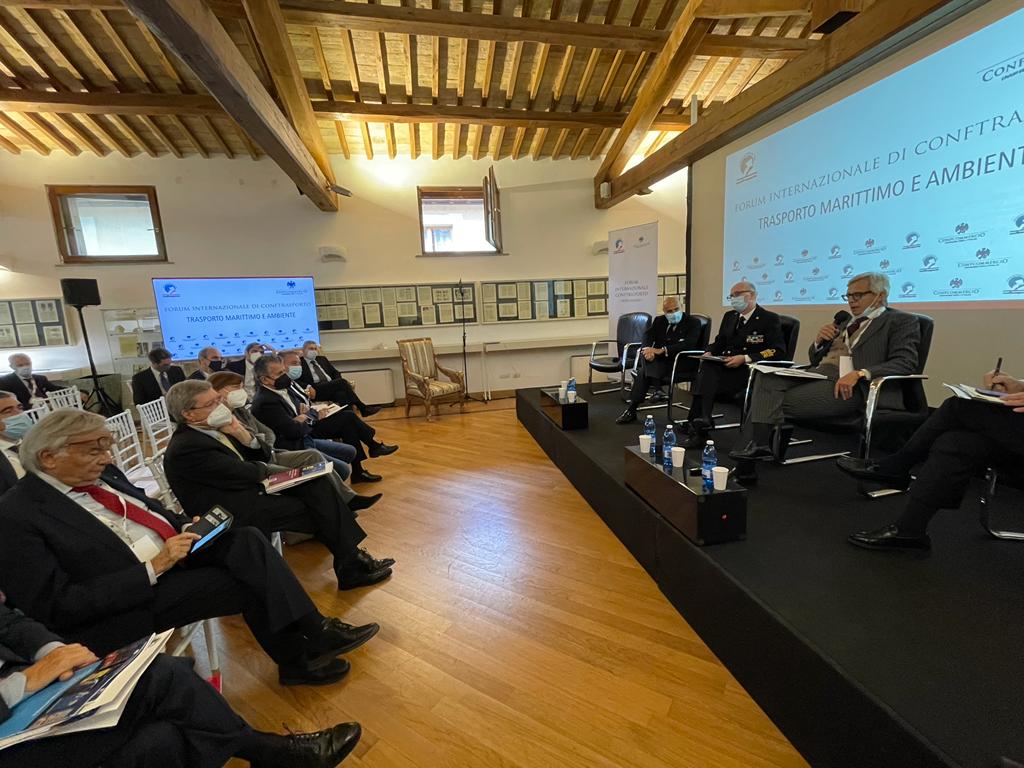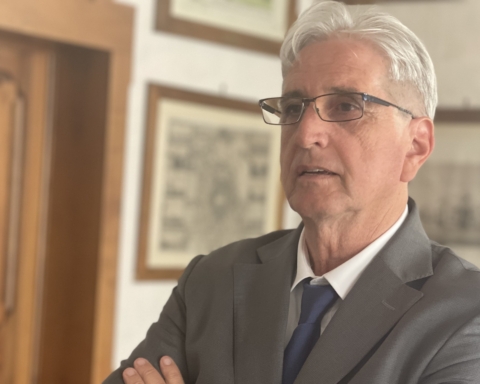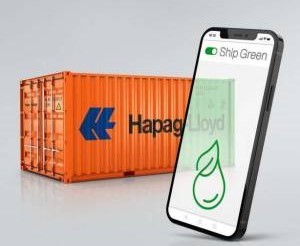In his speech at the International Forum organized by Conftrasporto (Italian transport confederation – Translator’s note), the President of Assarmatori (Italian shipowners’ assocation – Translator’s note), Stefano Messina, said that the EU was going down the wrong road, the shipping rules in the Fit for 55 Package, those to cut down on ship emissions, wouldn’t help the environment and would cripple the economy.
As is well known, last July the Commission presented a series of measures to reduce emissions, which anticipate various deadlines in the energy transition process that the IMO, the United Nations authority that deals with maritime transport, has been implementing for over ten years now.
To encourage shipping to adopt green fuels, the EU Commission proposes discouraging the use of fossil fuels through fiscal measures, such as the extension of the EU Emission Trading System (EU-ETS) to maritime transport and the introduction, from 2023, of a tax to be applied to all fuels sold in the European Economic Area, with the option for Member States to extend it internationally.
“The international shipping that currently calls at European ports will try to evade the new impositions by avoiding touching European ports and calling instead at the current hubs at the borders of the EU or those – numerous – under construction, for example in North Africa on the southern banks of the Mediterranean,” added Messina, “And the most serious aspect is that this self-defeating approach will not even help to reduce emissions, not because shipowners are not willing to collaborate, indeed they have a strong desire to do so, but because technologies, alternative fuels and distribution networks are lacking. And they will still continue to be for a long time to come. Transitional fuels are available, such as LNG, which in the Fit for 55 package is not considered green and will therefore be taxed. On the contrary, using LNG makes it possible to drastically reduce harmful emissions and to begin the journey towards the decarbonization of maritime transport with reductions in the order of even 20% of CO2 emissions”.
“We therefore want to send a clear message to the politicians”, concluded Messina, “before embracing the initiatives of Member States which, objectively, do not suffer the same consequences as those involving shipping, Italy should carefully weigh up the economic, industrial and social repercussions of those choices. At stake is the future of the country’s economy and work.”
Translation by Giles Foster




